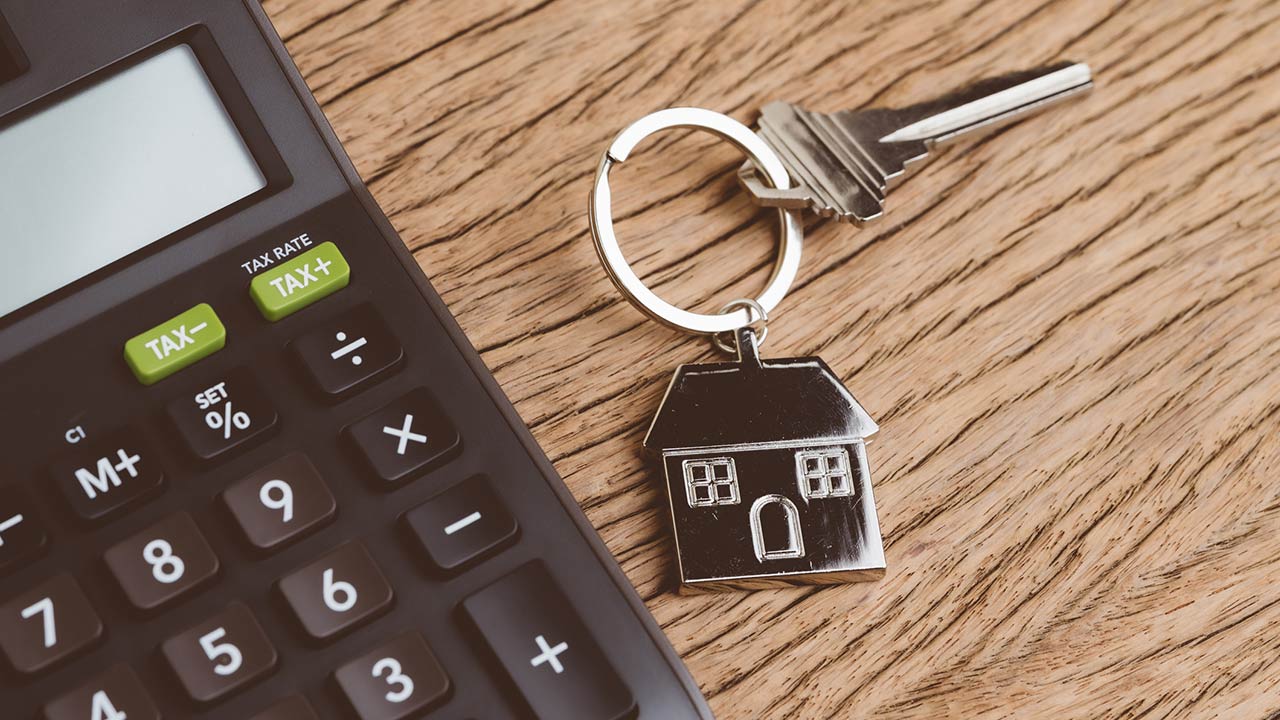How Reverse Mortgages Can Help Seniors Throughout Retirement
Many Americans are living longer than they may have initially anticipated. And while that may be a positive thing, it also poses a problem: having enough money to live comfortably throughout the golden years.
Retirement planning should always be a big part of financial strategies for the future, but if you’re living longer on less income than you had planned, you’ll have to come up with more creative ways to supplement your income.
One way to do just that is with a reverse mortgage. With this option, you can securely use the equity from your home to pay for life’s expenses.
What Exactly is a Reverse Mortgage?
A reverse mortgage is a loan that’s available to homeowners who are 62 years of age or older. With this program, seniors are able to use the equity in their homes to pay for life’s big expenses. It’s called a ‘reverse’ mortgage because the lender makes payments to the borrower instead of the other way around, which is typical of a conventional mortgage. By converting their home equity into cash, retirees can comfortably pay for things like major home renovations, a vacation, and a sudden medical expense.
This product was designed specifically for older adults with limited income in retirement to help them use the wealth they’ve accumulated in their homes to cover basic day-to-day living expenses and health care. While these are typical uses for the equity, there really is no restriction on how the money can be used.
The borrower does not have to pay the loan back to the lender until the home is sold or vacated for some reason. As long as the borrower remains in the home, he or she doesn’t have to make any monthly payments towards the balance of the loan. However, property taxes and home insurance payments still need to be kept up with.
Upon the borrower’s death, the interest in the loan is due and payable, which usually requires the home to be sold. If heirs want to keep possession of the home, they may have to pay back the loan to buy out the house; however, usually this is much less compared to buying the property in a typical market.
How Does One Qualify For a Reverse Mortgage?
As long as the borrower is 62 or older, and lives in the home, qualification is rather simple. There’s no need for the lender to check out the borrower’s credit worthiness or monthly income level. The lender will establish the amount of equity the borrower has in the home, the appraised value and location of the home, and current interest rates. Typically, the older the person is, the bigger the available loan.
About 90 percent of reverse mortgages are traditional loans, or FHA-insured Home Equity Conversion Mortgages (HECM). It’s the HECM that backs up the FHA in meeting the lender’s obligations to the borrower. It also ensures that loan origination costs are limited, and full repayment of the loan is given back to the lender.
Reverse mortgages are dependent on the current value of the property, the borrower’s age, and current interest rates. Borrowers have the choice between receiving their loan in one lump sum amount, as regular installments, or as a line of credit.
Reverse Mortgages – Helping Retirees Stay in Their Homes Without Going Into Financial Distress
The concept of reverse mortgages is pretty innovative and resourceful. Retirees who otherwise don’t have a sizable regular income during retirement can still comfortably remain in their family homes without having to worry about drained bank accounts. They have access to lump sums of money that could come in handy when an urgent need arises.
With the average loan, borrowers have to pay interest on top of the total loan amount. Instead, with a reverse mortgage, the interest is subtracted from the price of the home, with the borrower getting the difference.
Benefits of a Reverse Mortgage
✓ No fixed expiry date
✓ No repayment needed (as long as the borrower considers the home his or her principal residence)
✓ Amount never exceeds the sales price
✓ Borrowers still remain on title
✓ Loan proceeds not taxed
✓ Flexible payments
Of course, a reverse mortgage isn’t for everyone, which is why it’s always wise to discuss your options with a professional mortgage specialist or financial advisor to see if this is a right fit for you. If you’re considering a reverse mortgage, make sure you’re properly and fully counseled so that you understand the whole process before signing up.











